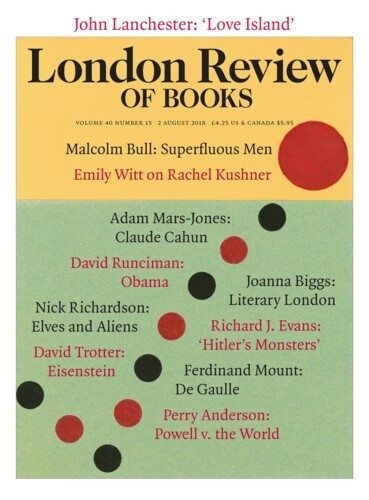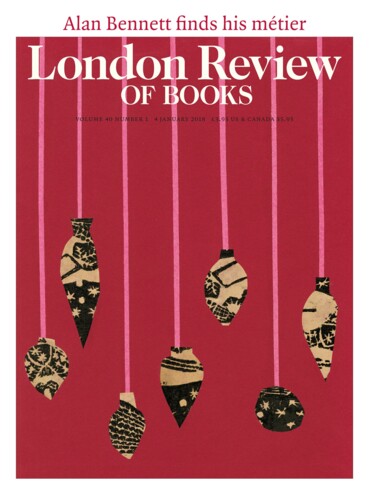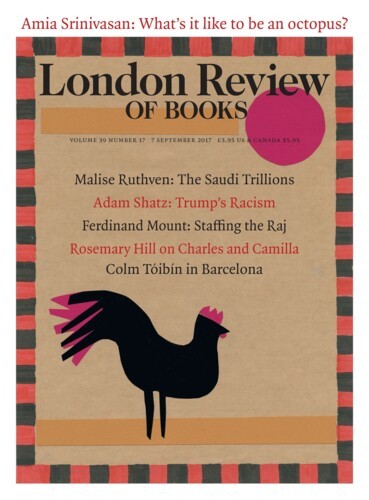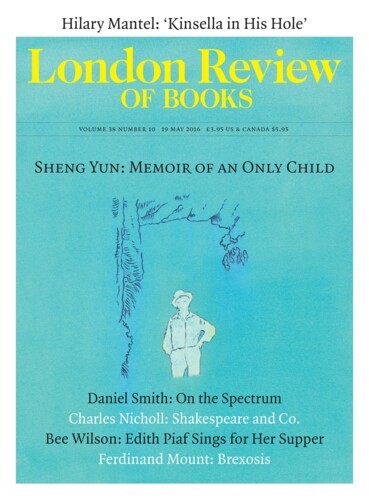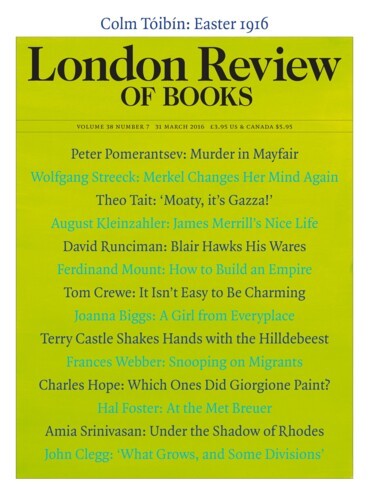The Seducer: De Gaulle
Ferdinand Mount, 2 August 2018
Although he can’t be wholly blamed for the ructions that have repeatedly shaken the country, to claim that he bequeathed stable political institutions seems an exaggeration, to put it mildly. The Front National (recently rebranded by Marine Le Pen as the Rassemblement National, an echo of de Gaulle’s Rassemblement du Peuple Français) remains a menacing second force, requiring constant ingenuity to be kept out. My eye falls on a blog headlined ‘Macron is restoring France’s dignity.’ What sort of polity is it that needs to have its dignity restored so frequently? Is not the quest for grandeur insisted on by de Gaulle likely only to perpetuate a sense of always falling short?
